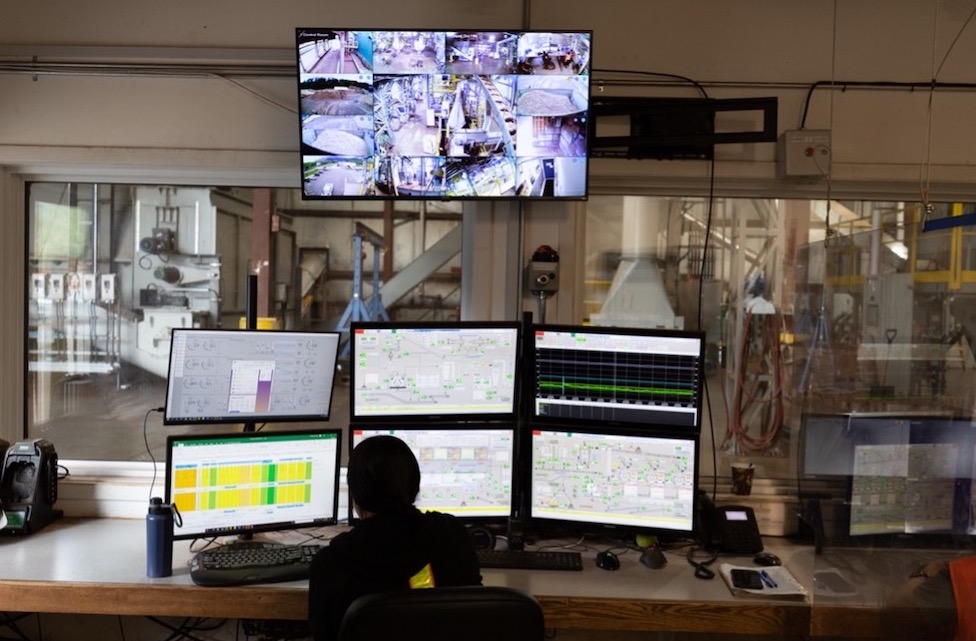
Safety huddle highlights importance of inherently safer design
November 29, 2022
By Kayleigh Rayner Brown
 ISD helps makes processes safer and more robust and may make plants more economical through reduced risk, capital cost, and requirements associated with more complex risk management controls. Photo: WPAC.
ISD helps makes processes safer and more robust and may make plants more economical through reduced risk, capital cost, and requirements associated with more complex risk management controls. Photo: WPAC. I recently led a 15-minute safety huddle webinar on Inherently Safer Design (ISD) focusing on quick safety insights and lessons on applying ISD in wood pellet plants to manage combustible dust hazards.
Participants heard how ISD helps make processes safer and more robust and may make plants more economical through reduced risk, capital cost, and requirements associated with more complex risk management controls. ISD also supports continuous improvement.
ISD focusses on elimination of hazards and treatment of hazards at the source, rather than relying on only add-on equipment and procedures. ISD is based on four principles: minimization, substitution, moderation and simplification. Practical examples include:
- Remove unnecessary or hazardous equipment, like fans (minimization),
- Substitute equipment components (e.g., shaft) to prevent failure and ignition source (substitution),
- Relocate hazardous equipment, like cyclones, outside and away from personnel (moderation),
- Relocate fibre storage away from air intake screen for dryer (moderation), and
- Consider human factors – use HMI (human-machine interface) system that clearly indicates status (simplification).
To learn more about ISD and how to incorporate it at your plant, visit www.pellet.org/safety to review the online resources including:
- Safety huddle webinar recording and slides
- Full research report
- Safety Share factsheet
- Graphical Abstract: Inherently safer bow ties for dust hazards in wood pellet production
The webinar was held Nov. 16 and was hosted by the Wood Pellet Association of Canada in collaboration with Dalhousie University, BC Forest Safety Council, Dust Safety Science, Obex Risk Ltd., and Canadian Biomass magazine. WorkSafeBC provided funding through the Innovation at Work 2020 grant for the project “Inherently Safer Bow Ties for Dust Hazard Analysis.” The views, findings, opinions, and conclusions expressed herein do not represent the views of WorkSafeBC.
Kayleigh Rayner Brown, MASc., P.Eng., is a process safety specialist and director of Obex Risk Ltd.
Print this page